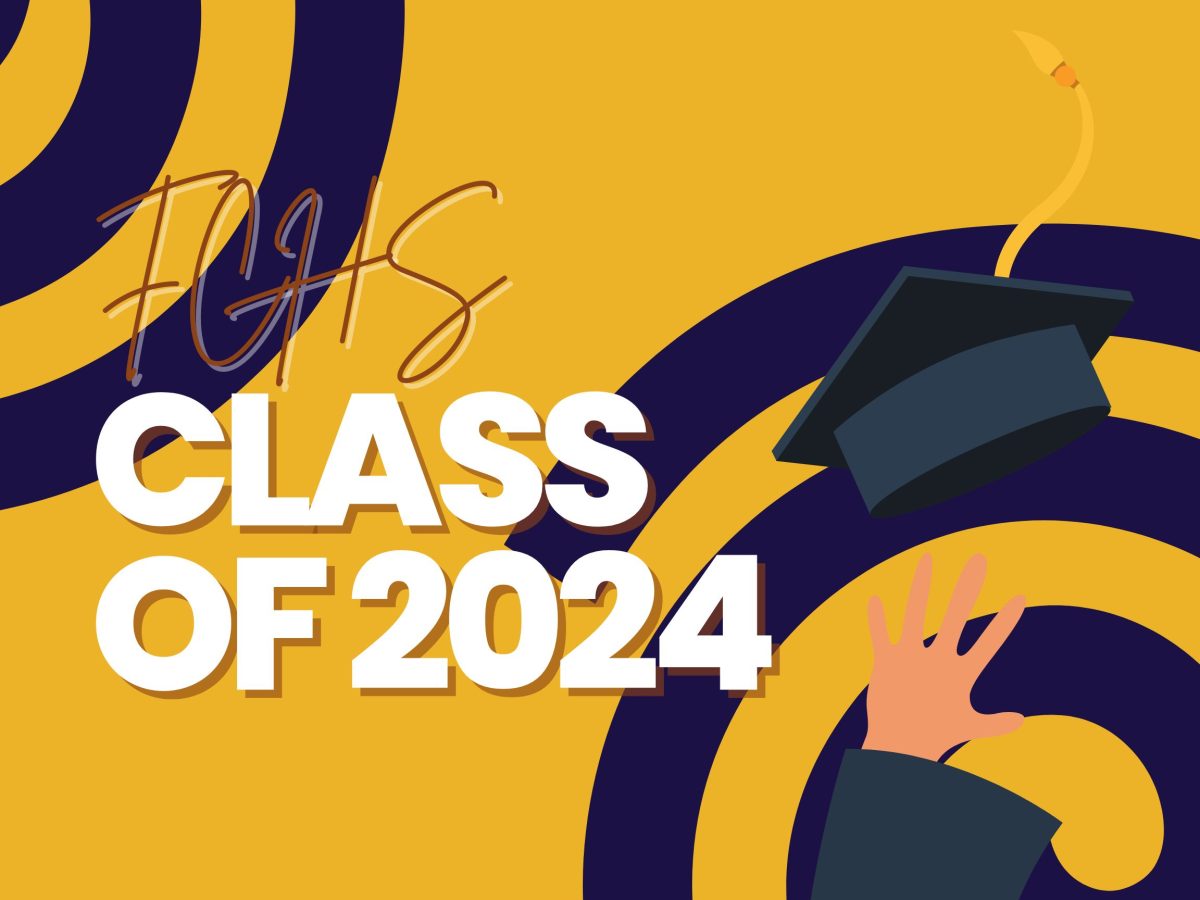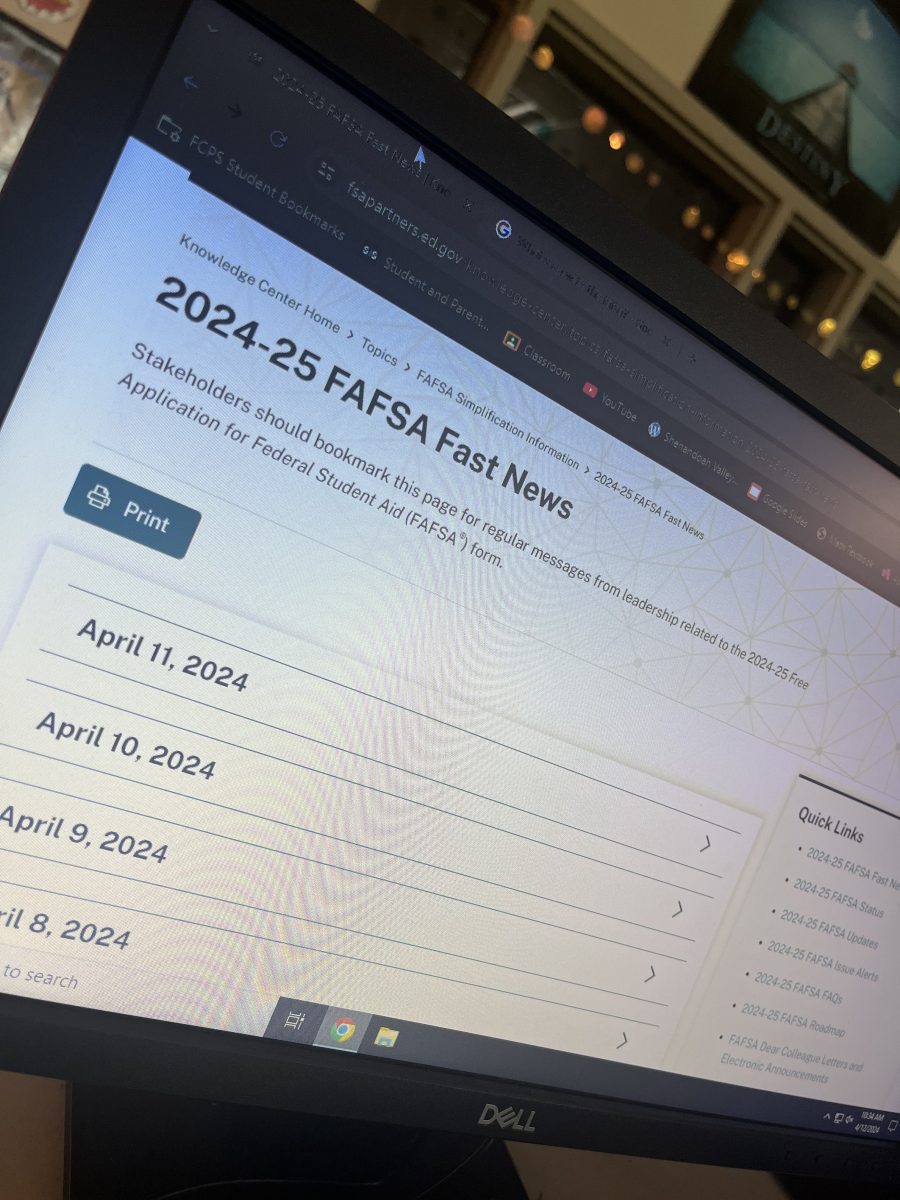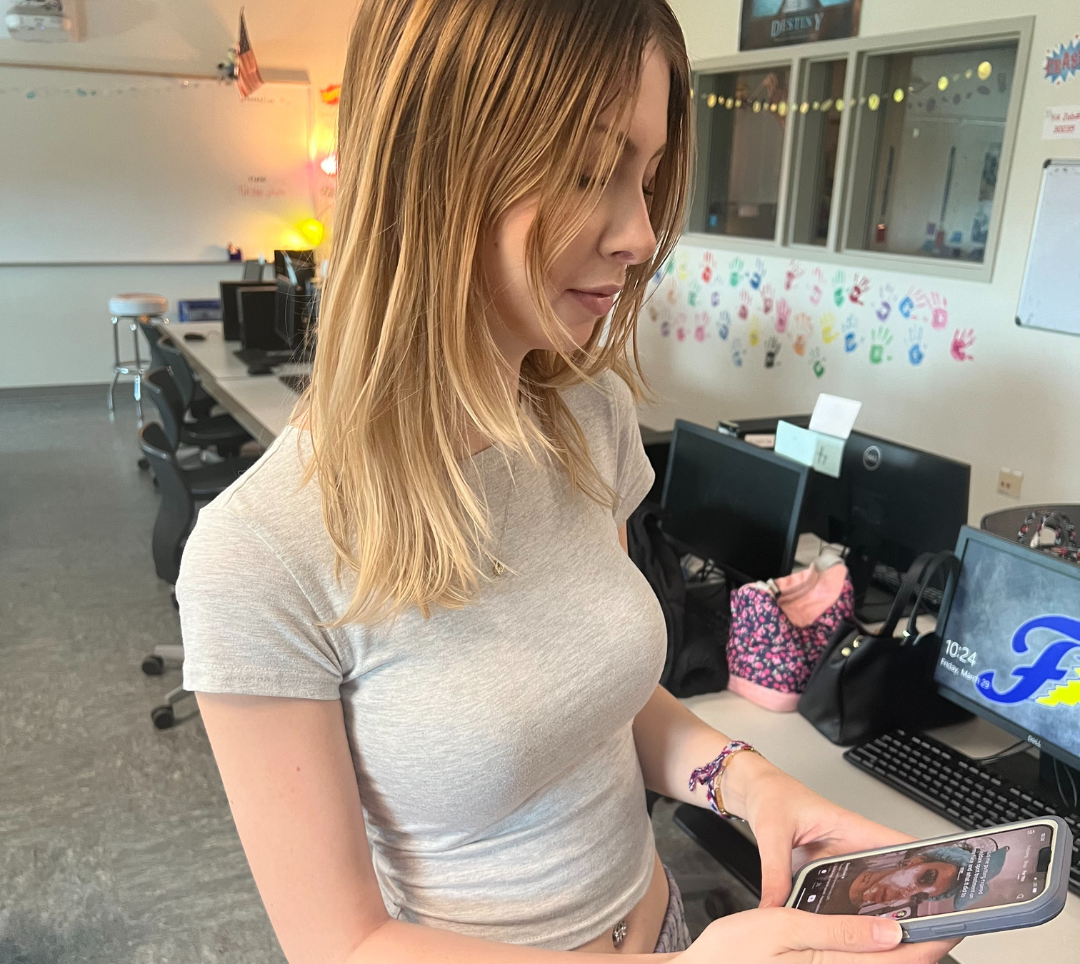It is estimated by the World Health Organization (WHO) that one out of four people globally will be impacted by mental illness in their lives. In addition, the WHO estimates that around 350 million people suffer from depression worldwide. “The number of incident cases of depression worldwide increased from 172 million in 1990 to 25,8 million in 2017, representing an increase of 49.86%,” notes the National Library of Medicine.
With numbers like those, it is no suprise that many people feel in need of someone to talk to while dealing with depression. However, reaching out can be challenging, especially for those who live in remote areas or do not want to talk. This is where artificial intelligence, specifically AI chatbots, can help.
Chatbots are artificial-intelligence-powered platforms that simulate human and human users. They are widely used for entertainment with popular apps such as Character.ai, where people can talk with their favorite characters and celebrities from all sorts of media, and Snapchat’s My AI. The simulated characters on these websites will talk about almost anything with a user and are, according to users, scarily accurate to messaging a real person.
Another example is the Psychologist AI feature on character.ai, which was created by Sam Zaia from New Zealand. In a BBC article about character.ai, one user who used the Psychologist AI character stated, “It helped me and my boyfriend talk about and figure out our emotions.” Another user said, “It’s a lifesaver.”
Zaia was surprised by the popularity of his chatbot. “I never intended for it to become popular, never intended it for other people to seek or to use as like a tool. Then I started getting a lot of messages from people saying they had been really positively affected by it and were utilizing it as a source of comfort,” he said.
However, in the same BBC article, psychotherapist Theresa Plewman questioned the bot’s ability to truly mimic a human response and act as a true therapist. “The bot has a lot to say and quickly makes assumptions, like giving me advice about depression when I said I was feeling sad. That’s not how a human would respond,” she said.
Today, the bot has been used over 107.9 million times by users all around the world. Even I have tried using it and, from first hand experience, the chatbot very much feels like you are talking to an online therapist rather than a line of code. It helped me understand feelings I was confused about and gave me positive solutions for my concerns.
Other people are using the widely popular ChatGPT. For many, this is a much cheaper option than going to a traditional therapist, with Forbes estimating the average cost for a session (without insurance) being between $100 and $200 per session. Using ChatGPT for free is a much more accessible option for most people. One TikTok user even stated, “Today I officially quit therapy because I just found the best free replacement using ChatGPT.”
But while some people love the idea, others, including mental health professionals, are skeptical.
“AI chatbots are not meant to be used as a substitute for therapy, psychotherapy, or any kind of psychiatric intervention,” warns Bruce Arnow, PhD, in an article from Health. Arnow is a professor and associate chair of the Department of Psychiatry and Behavioral Sciences at Stanford University.
“They’re just not not far enough along for that, and we don’t know if they’ll ever be,” said Arnow in the same interview.
So are AI chatbots really a good alternative for therapy and a good resource for mental health? Only time will tell.
“I don’t think that AI will ever truly replace talking to a human about emotions or issues,” said FCHS senior Kessler Potter. “But if it’s a less expensive option for the short term, I don’t see what’s wrong with it.”








